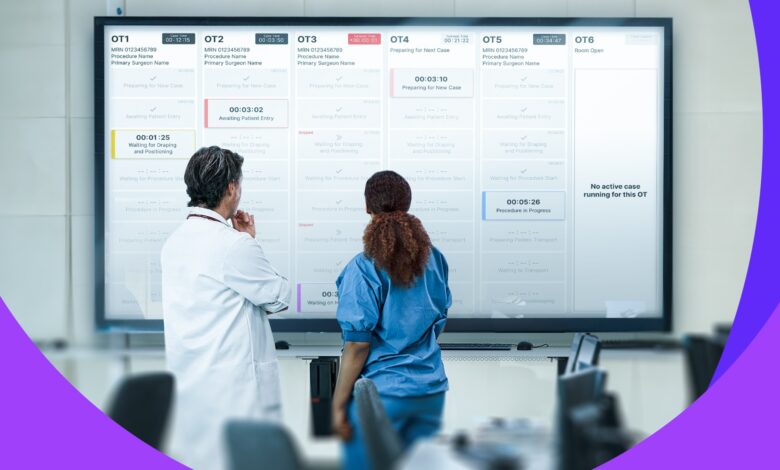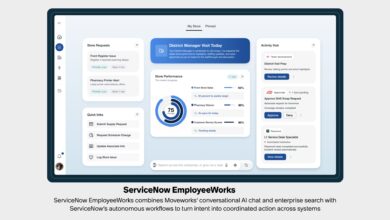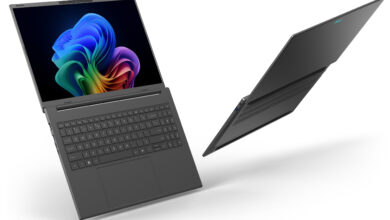UAE Healthcare to Benefit as Voice Tech Set to Reach $1.35 Billion by 2030

Voice technology is gaining momentum in the UAE, with the country’s market growing annually by 17% and forecasted to reach $ 1.35 billion by 2030. These figures extend beyond a demand for rising adoption as the strategic importance of voice-driven clinical tools is driving efficiency and frontline care.
Entities like Epic and Oracle Health are making headlines for new voice‑driven EHR (electronic health records) tools focused on clinician‑patient consultations, but these developments still only scratch the surface when considering the potential of voice AI in advancing healthcare.
The rise of voice technology isn’t just about streamlining outpatient visits. It’s about transforming care efficiency where it matters most. This is especially true in operating theatres (OTs), where safety, accuracy, and real-time coordination are vital to efficiency and outcomes.

Eric Turkington, Chief Product Officer at Rain Stella Technologies (RST), commented, “Operating theatres are the beating heart of any hospital, generating up to 70% of revenue but also carrying high operational and clinical risk. A single minute of OT time can cost as much as $155, yet more than 60% of surgeries face delays that can stretch for an hour or more. These inefficiencies don’t just erode margins – they increase infection risk, prolong patient recovery, and contribute to burnout for already overextended surgical teams.”
With only six nurses per 1,000 patients in the UAE, the pressure on clinicians to work faster and smarter is growing. Studies show that avoiding unplanned surgical delays could save hospitals nearly $28 million annually. Yet, surgeons still spend more than two hours per day on digital charting, serving as a major driver of dissatisfaction and burnout across clinical teams. Voice technology is emerging as a powerful answer to this challenge.
By enabling hands-free, real-time documentation, surgical teams can capture critical milestones without breaking sterile flow. For example, verbally logging a tourniquet inflation or noting an unplanned conversion to open surgery the moment it happens. The same systems can automatically alert perioperative teams if a case is running behind schedule, helping prevent downstream bottlenecks, while also allowing clinicians to set quick, hands-free reminders that keep safety protocols on track.
Turkington concluded, “Voice doesn’t just save clicks; it gives time back to surgeons and nurses. And because it reduces direct device interaction while giving focus back to patients, it also contributes to safer surgical environments and better outcomes.”
Having partnered with e& and being exposed to their large network, Orva aim to deploy various AI initiatives designed to directly impact patient outcomes. Orva, developed by Abu Dhabi-based RST, is gearing up to contribute to the country’s healthcare advancement. As the first voice-AI platform built specifically for the perioperative environment, the technology applies voice intelligence for surgical teams to capture key milestones, relay updates, and document interventions in real time, hands-free.
With governmental mandates like the UAE’s Future Roadmap and the latest AI solutions that target clinical documentation during outpatient visits. However, technologies addressing the acute care setting (one of the most complex, high-stakes environments in medicine) will be imperative to the industry’s future success and longevity.




